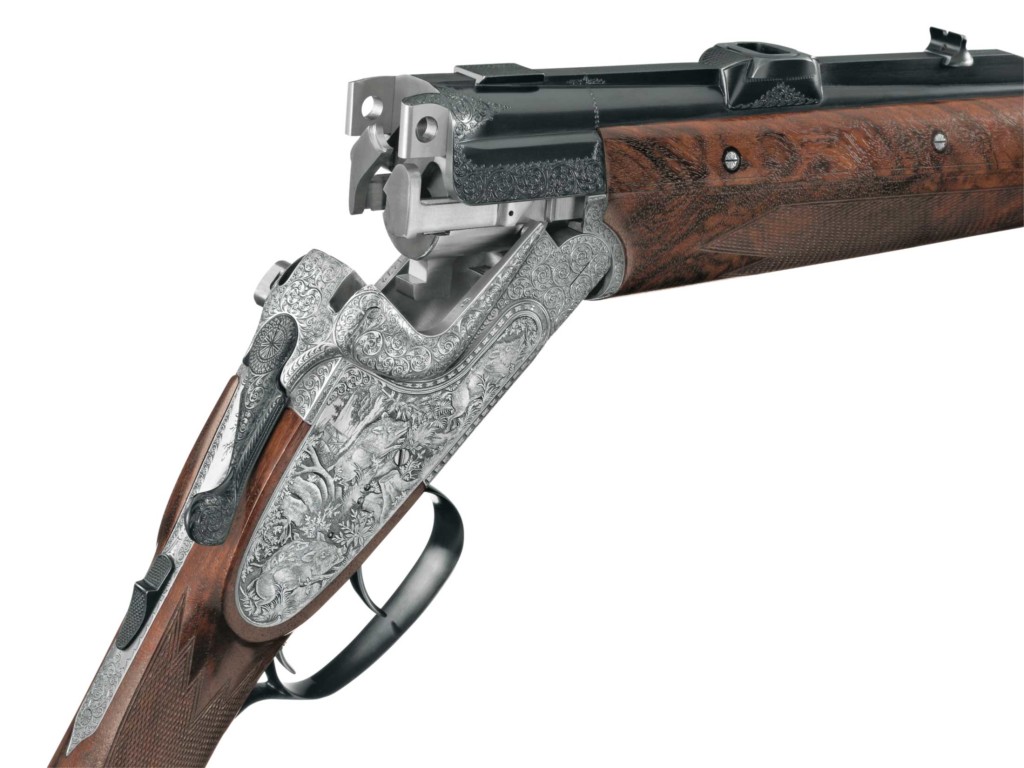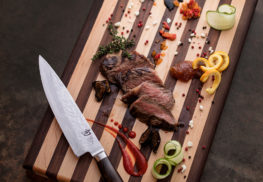Gebruder Merkel

The history of World War II is filled with dates whose importance is lost on us today. Tuesday, April 3, 1945, is one such date. Early that morning, the XII Corp of the U.S. Third Army rumbled into Suhl, Germany. The XII Corps had been battling its way across Europe for 8 months. Now their forces were 200 miles from Berlin. As Suhl’s sirens blared, American tanks and troops filled the streets and the city was changed forever.
Suhl is one of the gunmaking capitals of Europe. Located in south-central Germany, the city sits amid thick forests, rolling mountains, and rich belts of iron ore. This ore has fueled metal industries for more than a thousand years, and since the 15th Century, craftsmen in Suhl have been building firearms.
By the end the 19th Century, weapons production had turned Suhl into an industrial city, dusted with coal smoke and filled with clangs of pounding forges. Its distinct, slate-roofed buildings were filled with workshops dedicated to gunmaking and the pistols, rifles, and shotguns made there were shipped off to armories and gunrooms around the world.
During World War II, most of Suhl’s factories were producing munitions for the German war effort. In the months after the American troops arrived, many of these factories were dismantled and shipped to the Soviet Union or destroyed. But one company escaped this fate: Gebrüder Merkel. Famous for its sporting guns, Merkel’s facilities were left intact. However, in the decades that followed, the historic company would be swept up in the dark currents that roiled over Eastern Europe. As the 20th Century ended, a new Gebrüder Merkel would rise again and regain the company’s title as one of the world’s finest gunmakers.
SHARE ON
You may also like
A cutting board is certainly utilitarian in that i...
This quality dog bed comes as a bolster and sleep ...



























